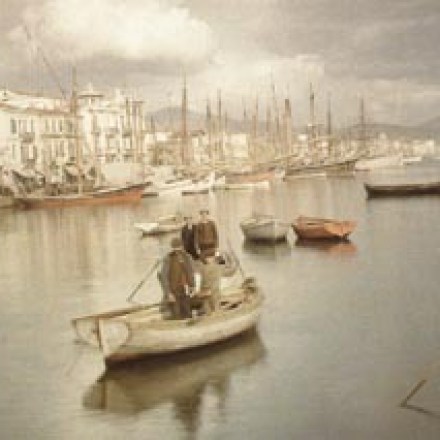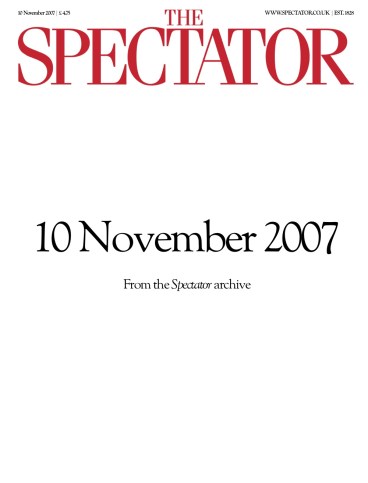Once happy havens
Leon Sciaky was born in Salonica in 1893, when the city was still a provincial Ottoman town. His family were grain merchants, Sephardic Jews who had been settled there for 400 years and still spoke Ladino at home. In concise, elegant prose, he describes in this memoir a childhood of Oriental pace and comforts, surrounded












